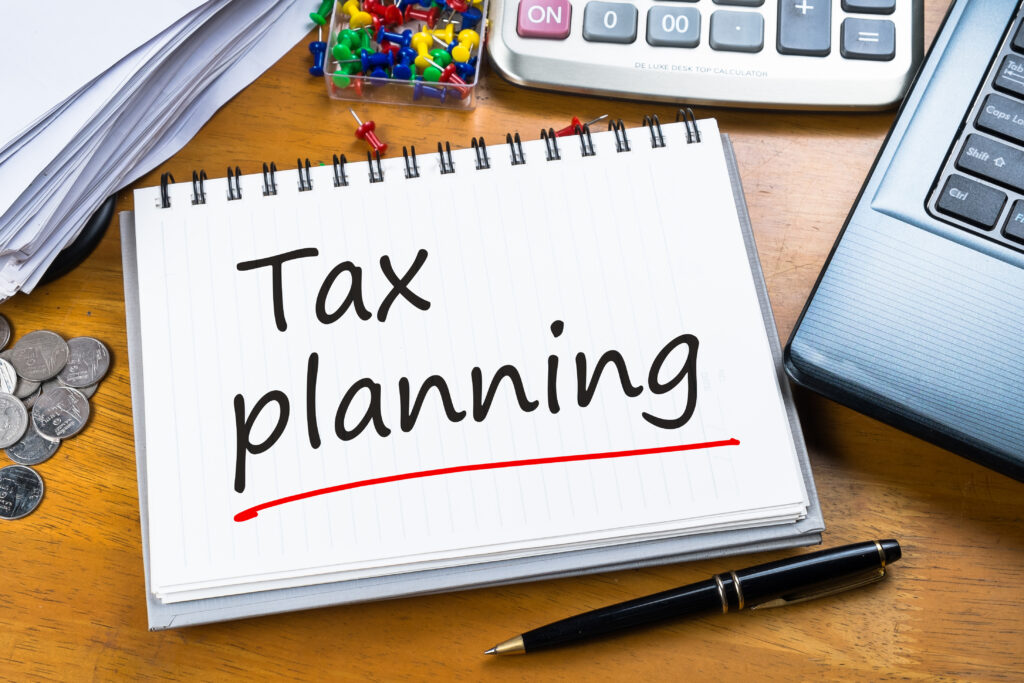Tax Topics Business Owners Need to Know

Being the owner of a small business can be very rewarding, but very challenging at the same time. One of the biggest challenges small business owners face is dealing with taxes. There are countless items to keep track of and monitor with small business taxes, but these are some of the most important issues to be aware of.
As an owner of a small business you should constantly be looking out for deductions. You can deduct start-up expenses, including up to $5,000 worth of certain kinds of expenses if they took place the year before. You can also deduct any car mileage that you use to conduct your business, if you use your home as a place of business.
Business travel expenses are another good source of deductions for small business owners. Any “ordinary and necessary” expenses can be eligible, which typically include lodging, transportation, laundry, baggage charges and even hospitality tips. If you are gone over night you can also deduct meals but only up to 50 percent. You cannot deduct clothing expenses even if you purchase them for work and use them exclusively for work.
Lastly, if you own a small business you need to be aware how the Affordable Care Act affects your taxes. There are all kinds of limits and restrictions but you might qualify for the small business health care tax credit if you pay at least half of your employee’s premiums and you employ no more than 24 full-time and equivalent employees who have an average annual income of less than $50,000.
Of course, if you’re a small business owner the easiest way to deal with your taxes is to hire an experienced and professional tax preparer like GROCO. Give us a call at 1-877-CPA-2006, or click here to learn how we can help you.
Is Accounting Boring?
Is Accounting Boring? By William Brighenti I’ve noticed on Twitter a bunch of tweets from younger people complaining that accounting is boring. This may very well be true for those who are not accountants. Non-accountants include those individuals who once loved accounting until they took intermediate accounting in college and then switched their major to…
Business Plan
Business Plan A business plan precisely defines your business, identifies your goals, and serves as your firm’s resume. The basic components include a current and pro forma balance sheet, an income statement, and a cash flow analysis. It helps you allocate resources properly, handle unforeseen complications, and make good business decisions. Because it provides specific…
Choosing a Legal Form for Your Business
Choosing a Legal Form for Your Business In starting a small business, one of the first questions you should ask is what form of legal entity you should use or “How should I organize my business?” Also, as your business grows and changes, you should from time to time ask yourself whether the entity you…
Drafting a Partnership Agreement
Drafting a Partnership Agreement If you decide to organize your business as a partnership, be sure you draft a partnership agreement that details how business decisions are made, how disputes are resolved, and how to handle a buyout. You’ll be glad you have this agreement if for some reason you run into difficulties with one…




